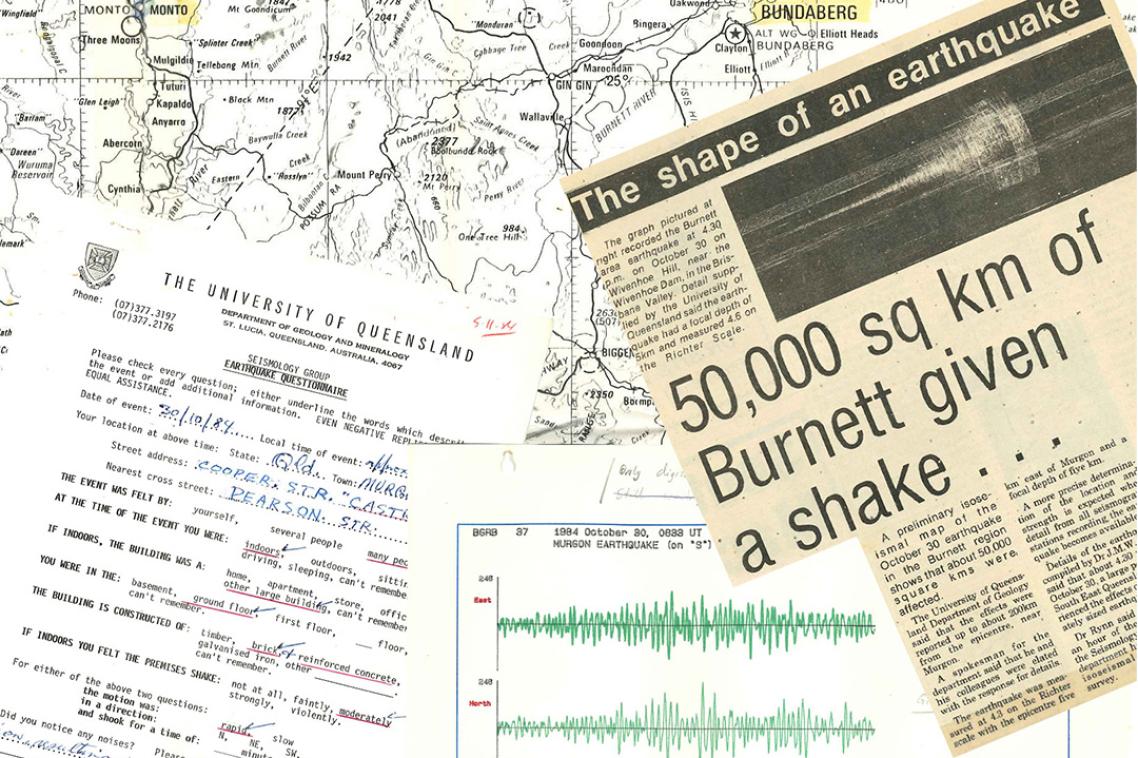Most Australians don’t trust AI in the workplace

A University of Queensland and KPMG Australia study has found only 40 percent of Australians trust the use of artificial intelligence (AI) at work.
More than 17,000 people from 17 countries were surveyed about their trust and attitudes towards AI and its use at work, the perceived risks and benefits and expectations of its management and regulation.
Professor Nicole Gillespie, KPMG Chair of Organisational Trust at the UQ Business School, said the results show Australians are amongst the least comfortable with AI use at work, particularly for HR purposes such as monitoring, evaluating and recruiting employees.
“Australians are more open to AI being used to automate tasks and help employees complete their work,” Professor Gillespie said.
"In fact, they actually prefer AI involvement in managerial decision-making over sole human decision-making - the caveat is they want humans to retain control.
“But concerningly, only 43 percent of Australians believe their employer have practices in place to support the responsible use of AI.”
James Mabbott, Lead Partner KPMG Futures said a key challenge is that a third of people have low confidence in government, technology and commercial organisations to develop, use and govern AI in society’s best interest.
“Organisations can build trust in their use of AI by putting in place mechanisms that demonstrate responsible use such as regularly monitoring accuracy and reliability, implementing AI codes of conduct, independent AI ethics reviews and certifications and adhering to emerging international standards,” Mr Mabbott said.

Professor Nicole Gillespie
Professor Gillespie said Australians recognise the many benefits of AI, but are hesitant.
“Only 44 percent believe the benefits outweigh the risks and only a quarter believe AI will create more jobs than it will eliminate,” she said.
The findings also show the number one perceived risk of AI globally is cybersecurity.
Seventy-five percent of respondents are concerned about potential risks of AI including cybersecurity and privacy breaches, manipulation and misuse, loss of jobs and deskilling, the erosion of human rights and inaccurate or biased outcomes.
Professor Gillespie said mitigating those risks and protecting people’s data and privacy are critical to trust in AI.
“The survey found 70 percent of Australians expect AI to be regulated, but only 35 percent believe there are enough safeguards, laws and regulations in place,” she said.
“It also found the community expects an independent regulator, rather than reliance on industry governance.”
The study pre-dated the commercial release of AI chatbot, ChatGPT.
Trust in Artificial Intelligence: A Global Study 2023 also sheds light on current understanding and awareness of AI, and who is trusted to develop, use and govern AI.
Related articles

Seismic shake-up: digitising 90 years of Queensland’s earthquake history

Miniscule wave machine opens big scientific doors
Media contact
UQ Communications
communications@uq.edu.au
+61 429 056 139
